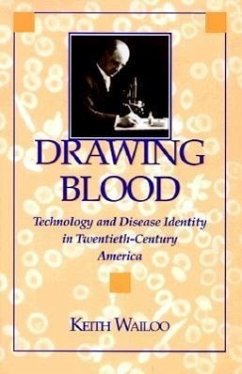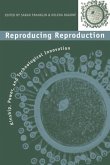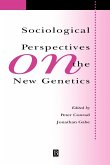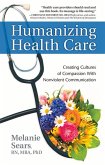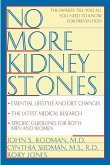In Drawing Blood, medical historian Keith Wailoo uses the story of blood diseases to explain how physicians in this century wielded medical technology to define disease, carve out medical specialties, and shape political agendas. As Wailoo's account makes clear, the seemingly straightforward process of identifying disease is invariably influenced by personal, professional, and social factors -- and the result is not only clarity and precision but also bias and outright error. Drawing Blood reveals the ways in which physicians and patients as well as diseases are simultaneously shaping and being shaped by technology, medical professionalization, and society at large. This thought-provoking cultural history of disease, medicine, and technology offers a perspective that is invaluable in understanding current discussions of HIV and AIDS, genetic blood testing, prostatespecific antigen, and other important issues in an age of technological medicine.
Hinweis: Dieser Artikel kann nur an eine deutsche Lieferadresse ausgeliefert werden.
Hinweis: Dieser Artikel kann nur an eine deutsche Lieferadresse ausgeliefert werden.

